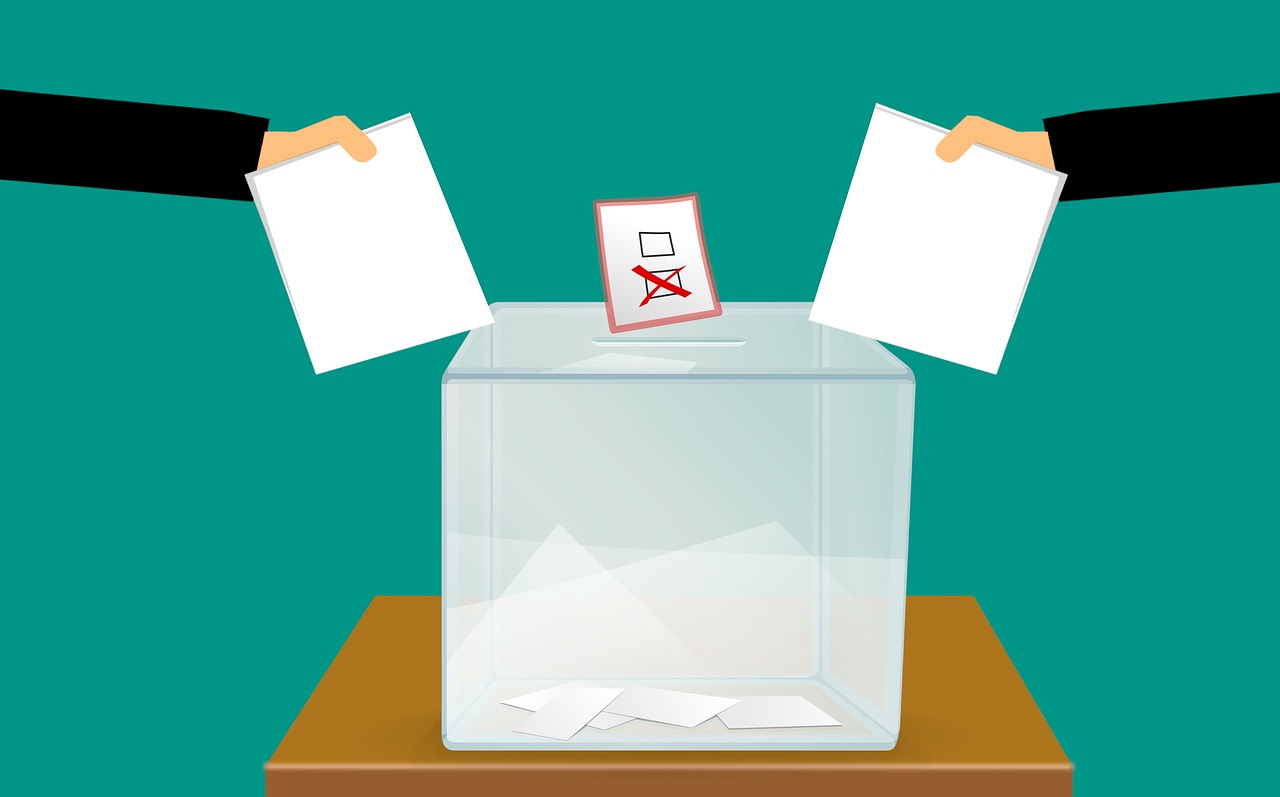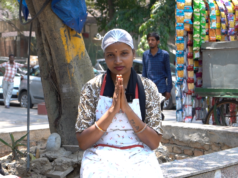In one of our casual conversations, my cousin, a first-time voter, posed a question that stirred a train of queries in my head. In the context of the imminent assembly elections in Tamil Nadu, she asked me, “How do I decide who I should vote for?”. This deer-in-headlights moment made me realise that her question had no easy answers. It is one thing for opinionated adults to vote. However, it’s quite another to explain to an energetic, apolitical first-time voter the criteria on which they must decide their voting preferences. Given the sheer volume of young, first-time voters in India, it is imperative to make this engagement a fruitful, fulfilling affair.
While meditating on the initial question, two key questions seem to emerge. The first one, “Why do we vote?”, addresses the motivation and incentives behind one’s decision to participate in voting. After all, not every eligible voter turns up at the polling booth. For instance, the voter turnout percentage for the 2019 Lok Sabha elections was 67.1%. The second question, which is related to the first, is ‘How do we vote?’. This question seeks to understand how we choose our preferred candidate/party from the rest.
Answering the ‘why’ requires us to set the context in which voting occurs. Every eligible voter takes time out of his schedule on polling day and casts his vote based on specific determinants (his liking for a party, ideology, candidate etc.). At the same time, the reward, if any, is social. While one might argue that voting is a democratic right and must be exercised to hold governments accountable, a layman gets no answer to his question: “What’s in it for me?”.
Research on political psychology reveals that voting behaviour has a high correlation with altruistic tendencies. A person who is naturally inclined to think pro-socially is more likely to resolve the ‘social dilemma’ stated above and vote, than a self-centred person. The need for conformity or to ‘fit in’ is another solid extrinsic motivator. Apart from these social determinants, individual factors like the opportunity for self-expression, belief of having an impact on outcomes of the election etc., may also come into play. The latter, especially prevalent in loyalist voters, is termed by Melissa Avecedo as the ‘voter’s illusion’. A person enthusiastically votes, believing that others will follow him and have a final cumulative impact on the results. Apart from the prominent role of identity-centric affiliation (along caste, language, religion and regional lines), these studies present a fascinating sneak-peak into a voter’s mind and his/her various motivators.
Among those motivated enough to vote, the ‘how’ question seeks to identify the factors influencing a voter’s choice. Theories on decision making identify two modes of thinking – Unconscious, intuitive thought ruled by emotions (System 1 as Daniel Kahneman puts it) and Conscious, deliberative thinking ruled by rationality (System 2). It would be wrong to assume that all those who vote are rational, and several studies show the disproportionate effect of emotions in voting choice decisions. A recent study lucidly explains that humans are more prone to emotional appeals (based on fear and anger, real or imagined). More importantly, this effect is just as strong, if not more, on educated voters who consider themselves as objective. This is how emotional tendencies like loyalty, general distrust in politics, anti-incumbency and ideological affinity play a substantial role in voting outcomes. Other studies also indicate that qualities like candidates’ attractiveness are more influential than we consider them to be. In the Indian context, one votes for a party, not for a candidate. If you try and remember your local MP and MLA, you’ll see what I mean.
It is interesting to explore why/how people vote. The more important question, however, with which we started, is how people should vote. Pursuing this thought, we could also ask, “can and should there be an ideal framework based on which we might decide our voting choices?”.
Let’s dare to hypothesise how an ideal voter must think. She could choose her candidate by assessing which party, if voted for, would be most beneficial for a) herself, (b)her community and then c) her state/country as a whole. Given that people essentially want their most basic, immediate needs satisfied first (like good roads, clean water, reliable power), we could further assume that most of them use criteria (a) and (b)rather than (c). For both options, an excellent place to start is an objective and comparative analysis of parties’ manifestos. If she is a farmer, she might easily find what the fray parties have promised for the farming community, compare them, and decide. However, if she is a transperson or a person with a disability, she won’t even have basic information to make her decision, as is often the case. This simple exercise is only to point out that it’s almost impossible to find a universal rational framework for deciding one’s voting choice!
Despite many attempts, research studies have not conclusively understood why and how people vote. The variance between opinion polls, exit polls and actual results is a case in point. In sum, each voter has a personalised context in which he/she votes. In doing so, they look for even a marginal improvement in their micro-world of wants and needs, which is subject to multiple influences. One has no right to wail and whine later if he/she isn’t a willing participant in the ‘festival of democracies’.
Before deciding on our preferred candidate, it’s helpful to keep in mind the unconscious influence of emotions, biases, hateful content, which is more pertinent today than ever before. One might feel left with more questions than answers, to which I reply with the Zen quote, “We don’t find the answers, we lose the questions”. My cousin surely isn’t going to like that.
Read more: Repealing the draconian sedition law.
Author: T. Bhuvanesh Ram.
About the Author:
T. Bhuvanesh Ram, a student of physics by graduation, is a ‘cinephile’ whose interests include policymaking, Constitution, physical comedy, punching above his weight, and daydreaming. He has cleared the UPSC Civil Services examination 2019 and keeps himself busy catching up to his own rising expectations from life.
Post Disclaimer
The opinions expressed in this essay are those of the authors. They do not purport to reflect the opinions or views of CCS.






